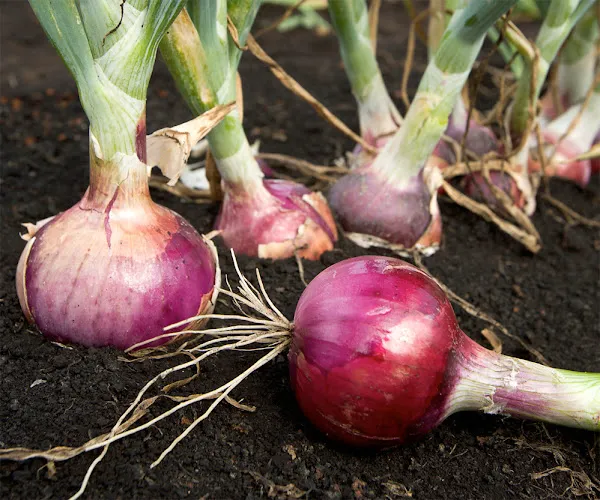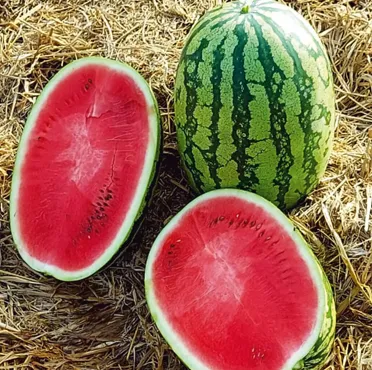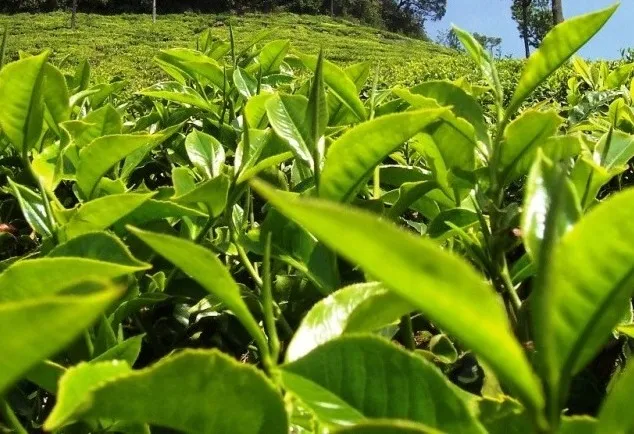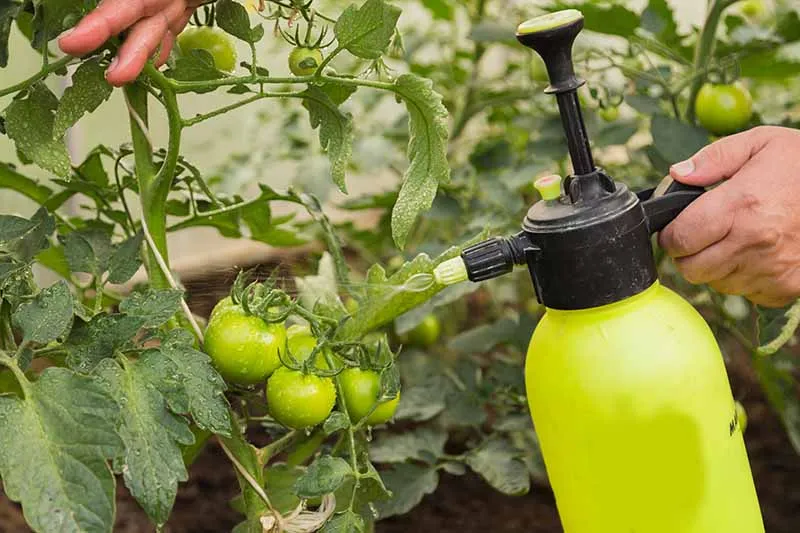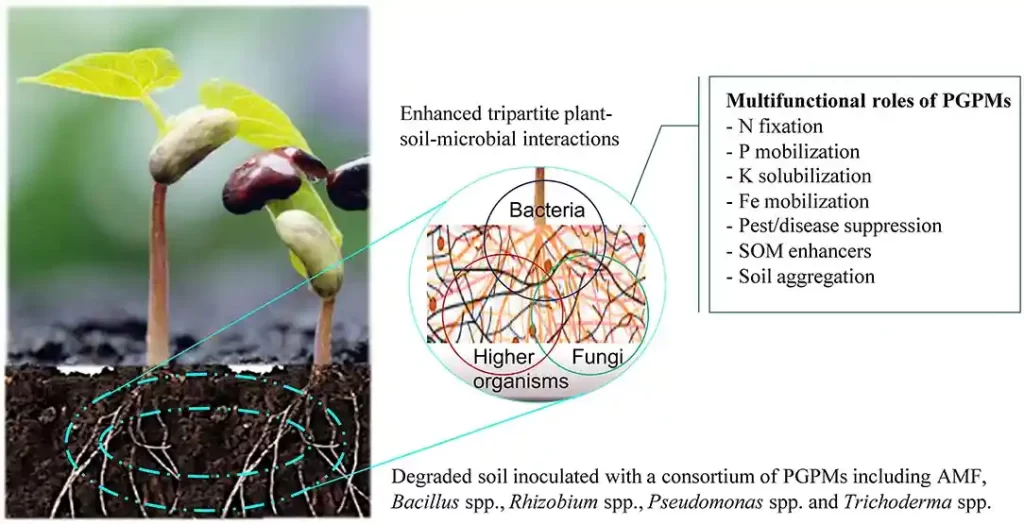How Does Nutri Diamond Stimulate Overall Growth in Onion and Garlic Crops ?
Introduction: Nutri Diamond stands out as a specialized solution tailored to enhance the growth and productivity of onion and garlic crops. Understanding how Nutri Diamond stimulates overall growth in these crops is essential for maximizing agricultural yield and quality. In this blog, we’ll explore the mechanisms through which Nutri Diamond promotes robust growth in onion […]
How Does Nutri Diamond Stimulate Overall Growth in Onion and Garlic Crops ? Read More »

